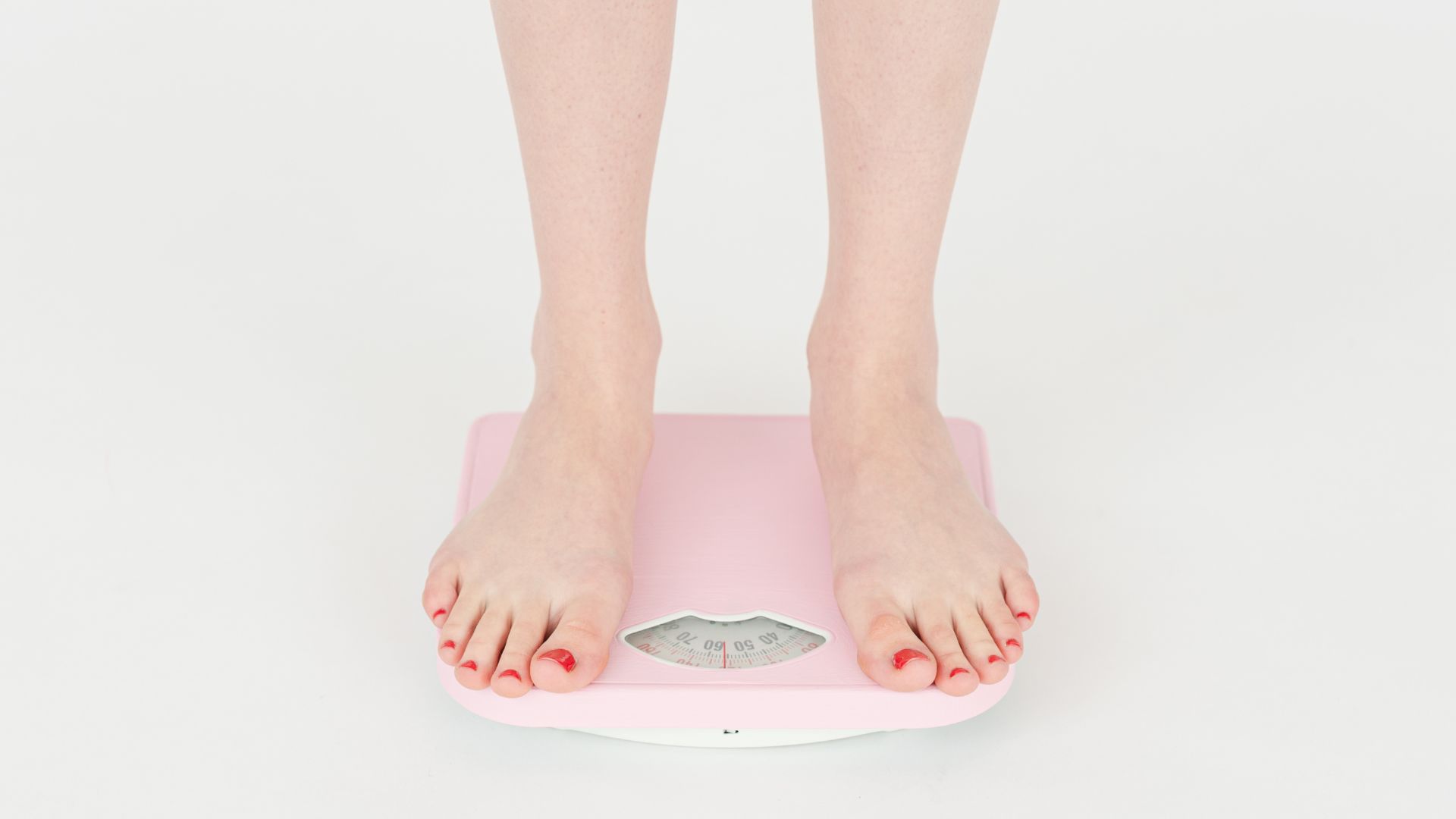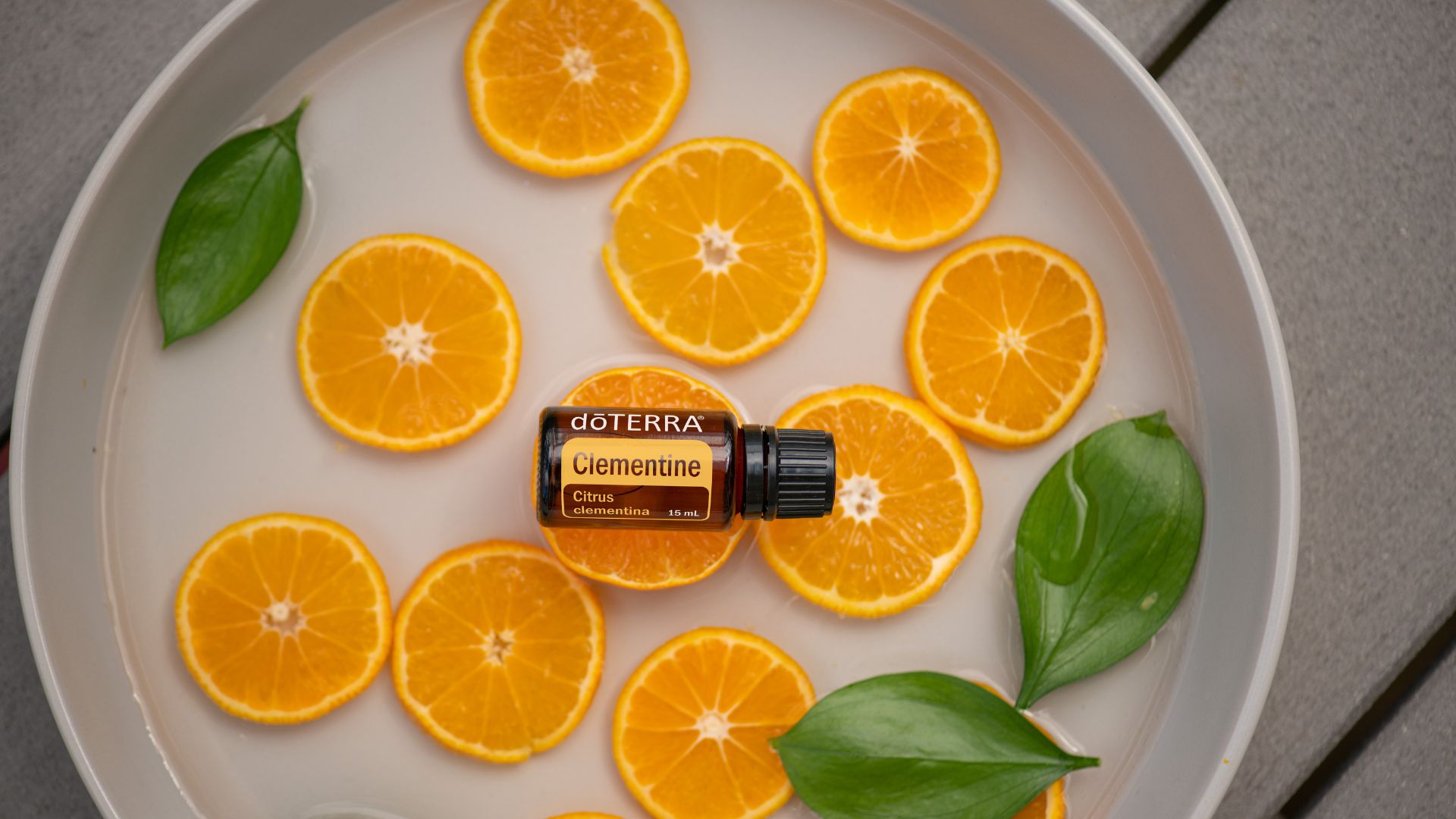Allergies occur when our immune system suddenly starts to “overreact” and perceives completely harmless things as threats. Imagine this: pollen, nuts, or cat fur suddenly turn into real “enemies” for the body. In response, our immune system triggers an intense reaction—runny nose, sneezing, itching, watery eyes, or even more severe symptoms.
The most surprising thing is that allergies can develop at any age. Just yesterday, you could eat strawberries and pet the neighbor’s cat without any issues, but today, these same things cause discomfort. Unfortunately, the number of people suffering from allergies is increasing every year. Environmental factors, stress, and lifestyle all contribute to the rise in allergic diseases.
But here’s the good news: proper prevention and timely treatment can truly improve your quality of life. When you know how to avoid contact with allergens and follow your doctor’s recommendations, symptoms can be minimized or even completely controlled.
Let’s take a closer look at the main causes of allergies and, most importantly, what can be done to protect yourself and your loved ones. We will discuss which prevention methods work best, what modern treatments are available, and how everyday habits can help reduce the risk of allergic reactions.
By taking the right approach, you can live a full life with allergies without constant stress. The key is to understand what you’re dealing with and be prepared for it.
Main Causes and Types of Allergies
Allergies come in many different forms. Some people can’t eat even a tiny piece of chocolate cake because of the nuts in it, while others start sneezing uncontrollably when trees begin to bloom outside. It all depends on what triggers your immune system. Let’s go over the main types of allergies to better understand what you might encounter.
1. Food Allergies
This is one of the trickiest forms of allergy because a reaction can occur even from a tiny amount of a product. Nuts, milk, eggs, fish, and seafood are the most common culprits. For some, the reaction may be mild, like a skin rash, while for others, it could be life-threatening anaphylaxis, requiring immediate medical attention. That’s why it’s crucial to carefully check ingredient lists, especially if you or your child have had allergic reactions before.
2. Respiratory Allergies
Do you experience an itchy nose, watery eyes, and what feels like an endless cold every spring or summer? Chances are, you have respiratory allergies triggered by pollen. Besides pollen, other common irritants include household dust, mold, and pet dander. Spring can be particularly difficult for allergy sufferers when pollen levels in the air are extremely high.
Tip: Keep your windows closed during the peak pollen season and ventilate your home early in the morning or after rain when pollen levels are at their lowest. This can make a huge difference in managing symptoms.
3. Contact Dermatitis
This type of allergy appears on the skin. You might have noticed it after wearing jewelry containing nickel or using a new face cream. Red patches, itching, and small blisters are all signs of contact dermatitis. If you frequently use cosmetic products or work with chemicals, be extra cautious—sometimes even soap or perfume can trigger a reaction.
4. Drug Allergies
This is where you need to be especially careful. Some medications can cause severe allergic reactions. Antibiotics (especially penicillin), pain relievers, and even anti-inflammatory drugs are common triggers. Symptoms can range from mild skin rashes to severe reactions like angioedema or anaphylaxis. If you’ve ever had an allergic reaction to a medication, make sure to inform your doctor before starting any new treatment.
Important! If you suspect that you or your child has an allergy, do not attempt self-treatment. Consult a doctor to confirm the diagnosis and receive proper medical advice.
How to Avoid Contact with Allergens
When it comes to allergies, the simplest yet most challenging step is minimizing contact with allergens. In theory, it sounds easy, but in practice, it takes some effort to make your space truly safe. Here are a few practical recommendations.
1. Controlling Your Home Environment
Your home should be your safe haven, a place where you feel comfortable and protected. The main culprits? Dust, pollen, and mold. What can you do? First and foremost, regular wet cleaning is your best friend. Use a vacuum cleaner with a HEPA filter and, if possible, remove carpets, as they are magnets for dust. Air purifiers can also be a great help, especially if you live in a city or suffer from seasonal allergies. A humidifier can be beneficial in winter when the air is too dry, but remember to clean it regularly to prevent mold buildup.
2. Safe Eating Habits
If you have food allergies, always check ingredient labels carefully. It may sound obvious, but hidden allergens can be found in unexpected places. For example, traces of nuts can be present in chocolate, and dairy components may be hidden in sauces. Developing the habit of reading labels is a great way to protect yourself. If you’re unsure about a product, consult an allergist to create a safe diet plan tailored to your needs.
3. Proper Skin Care for Contact Allergies
If your skin frequently reacts to cosmetics or cleaning products, opt for hypoallergenic formulas. Look for products that have undergone dermatological testing and avoid those with strong fragrances or artificial dyes. A good moisturizer is essential too—healthy skin acts as a strong barrier against external irritants.
4. Choosing Hypoallergenic Cosmetics and Household Products
When selecting household cleaning products, look for labels like “fragrance-free” and “hypoallergenic.” The simpler the ingredient list, the better. Whenever possible, opt for natural cleaning alternatives such as baking soda and vinegar. As for cosmetics, choose products with minimal ingredients and avoid harsh chemicals to reduce the risk of skin reactions.
Modern Methods of Allergy Treatment
Antihistamines
These are perhaps the most popular tools in the fight against allergies. Antihistamines work by blocking histamine, a substance responsible for itching, runny nose, and sneezing. They come in various forms—tablets, syrups, nasal sprays—and many are available over the counter. However, it’s important to note that newer-generation antihistamines do not cause drowsiness like older ones. To choose the most suitable option, it’s always best to consult a doctor.
Allergen-Specific Immunotherapy (ASIT)
ASIT is like a “vaccine” for allergies. Small doses of an allergen are introduced into the body, gradually increasing over time. This helps the immune system adapt and reduces its overreaction. However, this method isn’t suitable for everyone, and treatment can take several years. But the results are often worth it—many patients experience long-term relief from their allergy symptoms.
Hormonal Therapy
In severe cases, where allergies lead to significant inflammation, doctors may prescribe corticosteroids. These medications quickly reduce swelling and inflammation but should only be used under medical supervision and for short periods. Self-medicating with steroids is not an option, as improper use can lead to serious side effects.
Home Remedies
Some people prefer herbal teas like chamomile or use essential oils as a natural way to manage symptoms. While these can be a complementary approach, caution is advised. Home remedies are not always scientifically proven, and in some cases, they may trigger even stronger allergic reactions. Always consult your doctor before trying any alternative treatments.
The Impact of Lifestyle on Allergy Prevention
When it comes to managing allergies, lifestyle plays a crucial role. It’s not just a supplement to treatment—it’s an essential part of prevention. The way you eat, handle stress, and spend your free time can significantly influence how well you control allergic reactions.
Stress: A Hidden Ally of Allergies
Stress quietly weakens the immune system and can exacerbate allergy symptoms. When the body is constantly under pressure, the immune system becomes more erratic, making even mild allergens trigger intense reactions.
What can you do? Relaxation techniques are a great way to keep stress under control:
- Meditation and breathing exercises help calm the mind and relax the body. Try this simple technique: inhale slowly through your nose for 4 seconds, hold your breath for 7 seconds, and exhale through your mouth for 8 seconds. Repeat a few times, and you’ll feel anxiety start to fade.
- Yoga and stretching also work wonders. Just a couple of sessions per week can improve physical well-being and calm the nervous system.
It may sound simple, but consistent self-care is a powerful form of prevention that truly works.
A Strong Immune System: Your Best Defense
To support your immune system, a proper diet rich in essential nutrients is key. Foods high in vitamins and antioxidants help reduce inflammation and strengthen your body’s natural defenses.
What to include in your diet?
- Fresh vegetables and fruits – They are packed with antioxidants that combat free radicals and boost immunity.
- Probiotics – They help restore gut microbiota, which is crucial for immune health. Include more yogurt, kefir, fermented vegetables, or take probiotic supplements.
- Omega-3 fatty acids (found in fish and flaxseed oil) – They help reduce inflammatory responses in the body.
Of course, balance is essential. Consulting a doctor or nutritionist can help you choose the right vitamins and supplements tailored to your needs.
Movement is Life
Regular outdoor walks and moderate physical activity improve lung function and cardiovascular health, which positively impacts immunity.
However, if you have pollen allergies, avoid outdoor activities during peak pollen seasons. The most dangerous times are early mornings when pollen levels are highest. Plan your walks after rainfall when the air is cleaner.
Low-impact exercise is ideal. Swimming, for example, is one of the best sports for allergy sufferers. It strengthens the respiratory system without exposing the body to airborne allergens.
Key Takeaways
A healthy lifestyle, proper prevention, and timely treatment can significantly reduce allergy symptoms and improve your overall well-being. Avoiding allergens, following medical recommendations, and taking care of your body will help you feel your best every day.
If you experience symptoms such as sneezing, itching, watery eyes, shortness of breath, or skin rashes, don’t delay seeking professional advice. The sooner you start managing your allergies, the better control you’ll have over them.
FAQ: Frequently Asked Questions
Q: How can I recognize pollen allergies?
A: Common symptoms include sneezing, nasal congestion, itchy eyes, and excessive tearing. These symptoms typically worsen in spring and summer, especially on dry and windy days.
Q: What should I do if I have a medication allergy?
A: If you experience allergy symptoms after taking medication (rash, shortness of breath, swelling), stop taking the drug immediately and seek medical attention. A doctor will help find an alternative treatment and may prescribe antihistamines or other medications to relieve symptoms.








